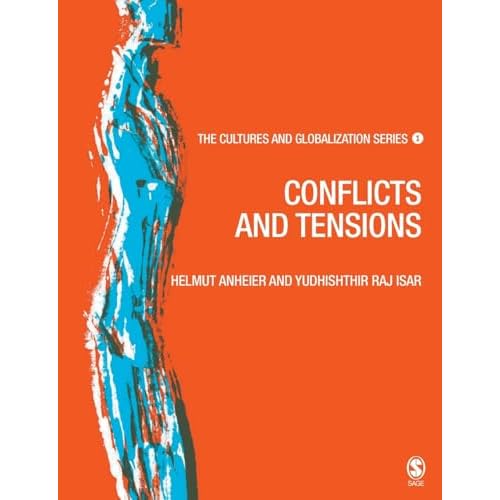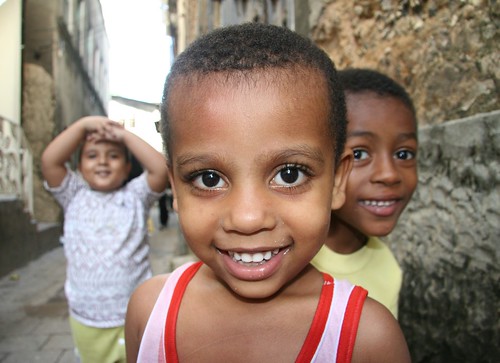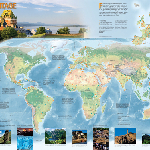
Albert V. Baez, the first director of science education at UNESCO, died last Tuesday, of what his family described as "natural causes," in San Mateo County, California. He was 94.
Dr. Baez was the director of the science education program of UNESCO from 1961-67. During that period he organized and led a program to improve science education in secondary schools worldwide. The program included projects to improve physics education in Latin America, chemistry education in Asia, biology education in Africa, and mathematics education in the Arab states. The trail breaking program introduced simple, inexpensive kits to allow science experiments in secondary schools, produced films, and utilized programmed education techniques (which were very innovative at the time) for the teachers of science. The work depended significantly on Dr. Baez' earlier participation in the Physics Science Studies Committee which helped to improve physics education in U.S. secondary schools.
Previously, in 1951, he had served UNESCO in Baghdad, where he taught at Baghdad University. In the 1980s, he served as chairman of the Commission on Education for the International Union for Conservation of Nature and Natural Resources.
Dr. Baez was a distinguished physicist, known professionally as the co-inventor (in 1948) of the X-ray reflection microscope. He served on the faculties of the Massachusetts Institute of Technology, Harvard, Stanford, UC Berkeley and other universities. As a physics professor and a pacifist, he refused to use his considerable expertise to advance the nuclear arms race during the Cold War.
In retirement, he served as president of Vivamos Mejor (Let Us Live Better), an organization is dedicated to improving the quality of life through science-based education and community development projects in Latin America. He was active in the work of Bread and Roses, an organization founded by his daughter Mimi Farina to bring free live music to people confined in institutions - jails, hospitals, juvenile facilities and rest homes.
He endowed the Hispanic Engineer Albert Baez Award, which is given for Outstanding Technical Contribution to Humanity.In 1956 (with W.C. Nixon) he published
Lectures on the X-ray Microscope, and in 1967 he wrote
The New College Physics: A Spiral Approach. He co-authored
The Environment and Science and Technology Education, published in 1987, and with his daughter, Joan Baez, the memoir
A Year in Baghdad in 1988.
To those in the international community interested in science education, he is known as a founding father of the discipline. To the general public he is perhaps better known as the father who introduced his daughters, Joan Baez and Mimi Farina to music, to the love of peace, and to social responsibility.
Dr. Baez was born on November 15, 1912, in Puebla, Mexico, and came to the United States with his family at two years of age. He received a bachelor's degree in mathematics from Drew University, a master's degree in physics from Syracuse University, a master's degree in mathematics and a doctorate in physics from Stanford University.
Dr. Baez is survived by his wife Joan Bridge Baez of Woodside, Calif.; and daughters Joan Baez and Pauline Bryan of Carmel Valley, Calif.
A Quaker memorial celebration was planned for May.
Read Dr. Baez' obituaries in:
 To counter the adverse affects of economic globalisation on world cultures and also foster cultural bond among Africans, the International Network for Cultural Diversity (INCD), recently announced the launch of INCD Africa. The institution is a network of artist organisations, culture producers, academics, heritage institutions and others from around Africa working together.
To counter the adverse affects of economic globalisation on world cultures and also foster cultural bond among Africans, the International Network for Cultural Diversity (INCD), recently announced the launch of INCD Africa. The institution is a network of artist organisations, culture producers, academics, heritage institutions and others from around Africa working together.







.jpeg)







